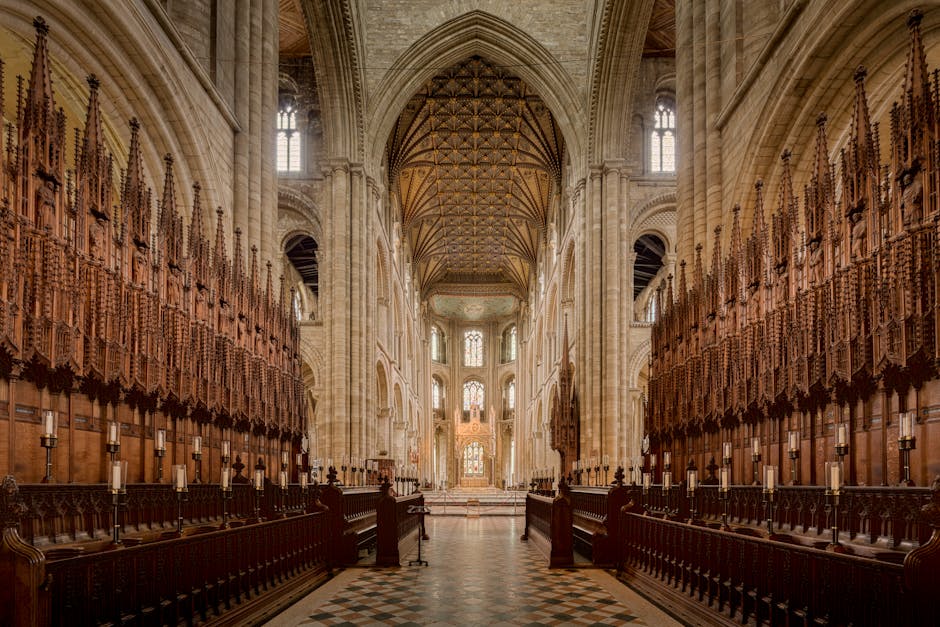In a groundbreaking move to combat climate change and reduce energy costs, hundreds of churches across the United Kingdom are turning to heat pumps. These historic buildings, many centuries old, are leveraging modern technology to stay warm while slashing their carbon footprints. The shift supports the UK’s net-zero emissions target by 2050, with churches leading the charge in sustainable innovation.
The Challenge of Heating Historic Churches
Britain’s churches are architectural treasures, but their stone walls, high ceilings, and outdated heating systems make them energy inefficient. Traditional gas boilers and electric heaters drive up costs and emissions. The Church of England estimates that heating its 16,000 churches contributes significantly to its carbon footprint.
Heat pumps offer a solution by extracting warmth from the air, ground, or water. They run on electricity and can achieve up to 400% efficiency, outperforming fossil fuel systems.
Why Churches Are Choosing Heat Pumps
The Church of England aims for net-zero emissions by 2030—20 years ahead of the national target. Heat pumps align with this goal by offering:
- Lower Emissions – They cut greenhouse gases by ~50% compared to gas boilers, with benefits growing as the UK grid greens.
- Cost Savings – Though installation costs £10,000–£30,000, long-term energy bills drop sharply, aiding budget-strapped parishes.
- Heritage Compatibility – Minimal structural changes make heat pumps ideal for listed buildings.
Success Stories
- St. Mary’s Church, Bedfordshire – An air-source heat pump cut emissions by 60% and saved thousands.
- St. John the Baptist, Newcastle – A ground-source pump reduced energy use by 70%.
- All Saints’ Church, East Sussex – Savings funded community programs.
Challenges
- Upfront Costs – Grants help, but smaller parishes may struggle.
- Cold Weather Limits – Some older models need backup heating in extreme cold.
- Noise – Air-source pumps can hum, posing issues in quiet areas.
Global and Local Impact
From solar-powered mosques to geothermal cathedrals, faith groups worldwide are championing sustainability. For the UK, heat pumps also reduce reliance on imported gas amid price surges.
A Moral Imperative
Rev. Canon Jeremy Davis of the Church of England states: “Heating churches cleanly is a moral duty. Heat pumps help us care for creation.” With faith as their guide, British churches are blending tradition with innovation—one heat pump at a time.




